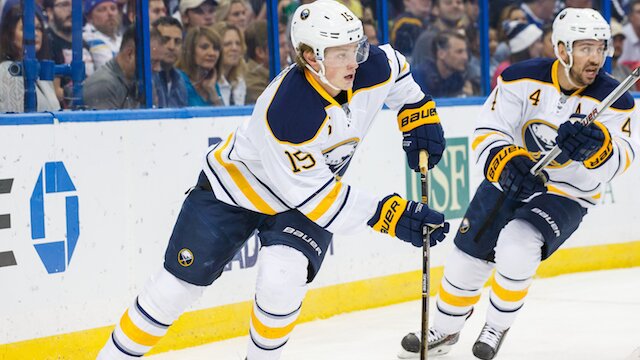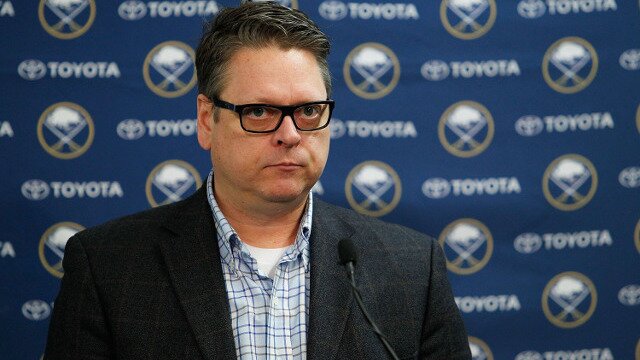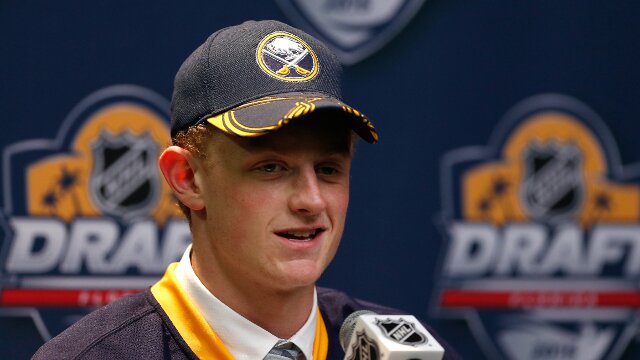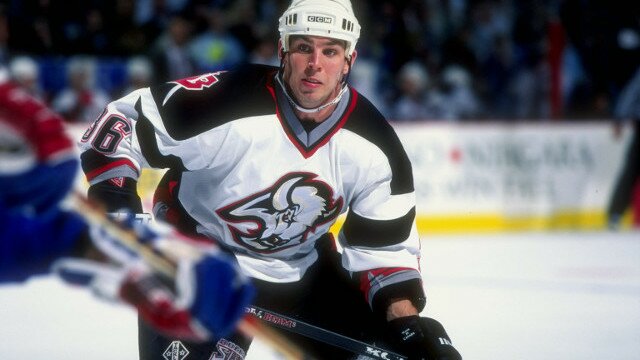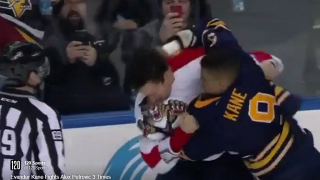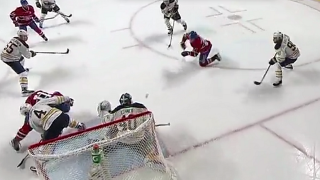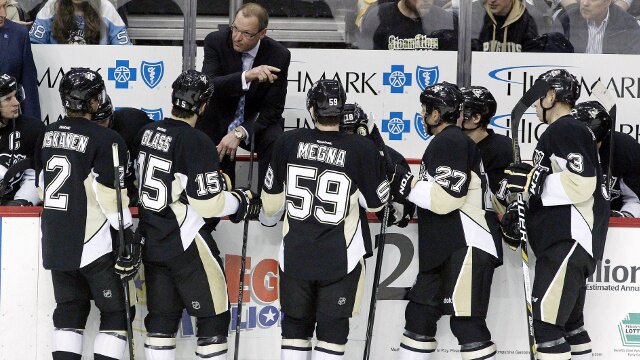
When an employee is fired from a company it’s usually a simple process: “There’s the door, don’t let it hit you on the way out. Good riddance.” Sports are no different as coaches who get fired are paid their remaining money, but are free to pursue new jobs whether with other teams, as media analysts or in some other capacity that tickles their fancy. That being said, the new NHL collective bargaining agreement allows for teams to essentially extort other teams for compensation for former employees with remaining years on their contract — even if they’ve been fired.
Dan Bylsma was fired from the Pittsburgh Penguins after five years — including the 2009 Stanley Cup — last summer and spent the past year on the sidelines doing some media work, but not getting back behind the bench. This past week Bylsma returned to the NHL taking the Buffalo Sabres job as both he and the Sabres look to get back on the map in a signing I think will pay dividends for both parties.
This coach for draft pick carousel has become too common. A similar problem exists in the NBA. For example, in 2013 a disgruntled Doc Rivers left the Boston Celtics for the Los Angeles Clippers with Boston receiving a first rounder. Likewise last year Jason Kidd burned every bridge with the Brooklyn Nets before taking over as the Milwaukee Bucks coach with Brooklyn receiving a second rounder.
I think the logic in the NBA is sound as in both the Rivers and Kidd circumstances the coaches wanted out and the teams were right to not just let them leave for nothing. But with the Bylsma situation and potential similar circumstances down the line, the league needs to understand the difference between wanting out and being fired. It’s ludicrous that a team needs to give up an asset as valuable as a third-round pick to the team that didn’t want the coach in the first place, just to take the coach.
For what it’s worth I think a third-round pick is well worth it for Bylsma who will surely do a fantastic job with the plethora of young talent Buffalo has assembled.
 Share
Share 


